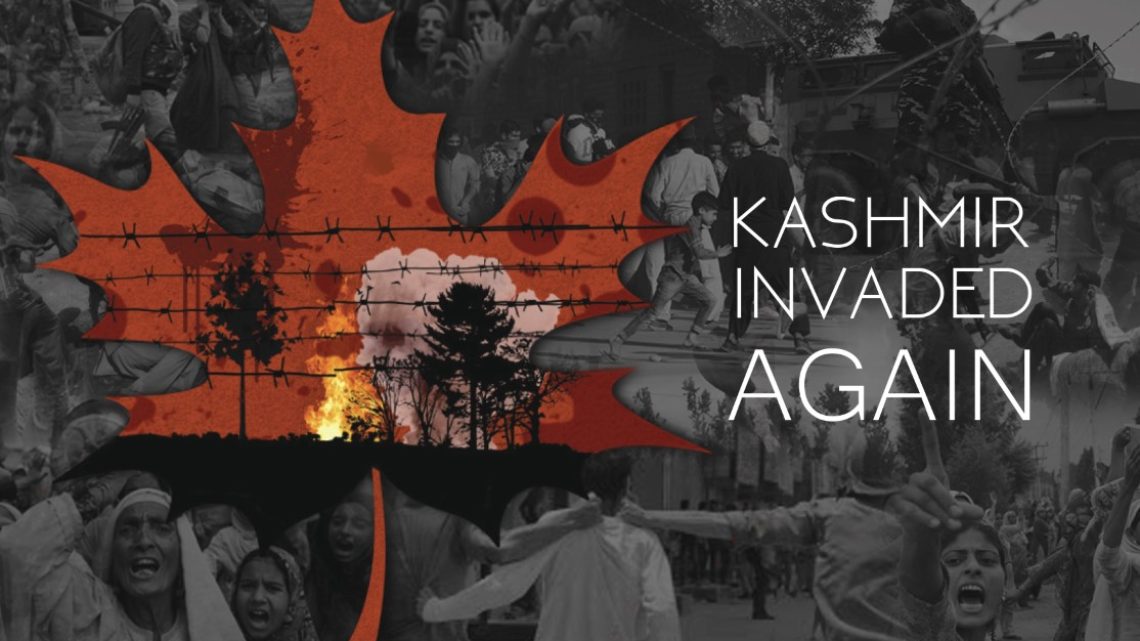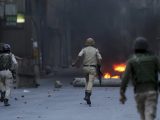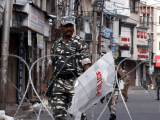
DFP Warns of New Threats to Civil Liberties in IIOJK
July 2, 2024The Jammu and Kashmir Democratic Freedom Party (DFP) has voiced serious concerns over the Indian parliament’s passage of three new criminal laws, highlighting the potential further erosion of civil liberties in the disputed territory of Indian-illegally occupied Jammu and Kashmir (IIOJK).
In a statement issued in Srinagar, DFP spokesman Advocate Arshad Iqbal emphasized that these new laws grant unfettered powers to Indian occupation forces and agencies, which already operate with extensive immunity under various draconian laws. Iqbal pointed to the existing misuse of anti-terror laws in IIOJK, expressing apprehension that the new laws would worsen the human rights situation due to the lack of a proper accountability mechanism.
Iqbal stressed the most alarming aspect of these laws is the absence of checks, balances, and safety provisions to prevent their misuse. “Granting sweeping powers to the agencies under these laws can open up floodgates to human rights abuses in Kashmir, where draconian laws such as PSA, UAPA, AFSPA, and other anti-terror laws are already grossly misused,” he stated.
The DFP spokesman called upon international human rights bodies to take effective notice of the situation and raise the issue with India at relevant international forums. He emphasized that the ongoing struggle of Kashmiris is a legitimate political movement and urged the Indian government to acknowledge the reality in IIOJK. He argued that genuine freedom movements, supported by the masses, cannot be subdued by force.
Iqbal urged the Indian government to abandon its intransigent policies. He stressed that such moves are the only viable path to resolving the longstanding conflict.
The DFP’s concerns underscore the precarious state of civil liberties in IIOJK, exacerbated by the recent legislative changes. These new laws, by empowering Indian forces and agencies without adequate oversight, pose a significant threat to human rights in the region. The international community’s response to these developments will be crucial in shaping the future of civil liberties and human rights in IIOJK.
As the DFP continues to advocate for the rights of Kashmiris, the call for international intervention becomes more pressing. The erosion of civil liberties in IIOJK highlights the urgent need for global attention and action to protect the fundamental rights of its people. The path to peace and justice in the region lies in recognizing the legitimacy of Kashmiris’ struggle and addressing their grievances through dialogue and cooperation.

